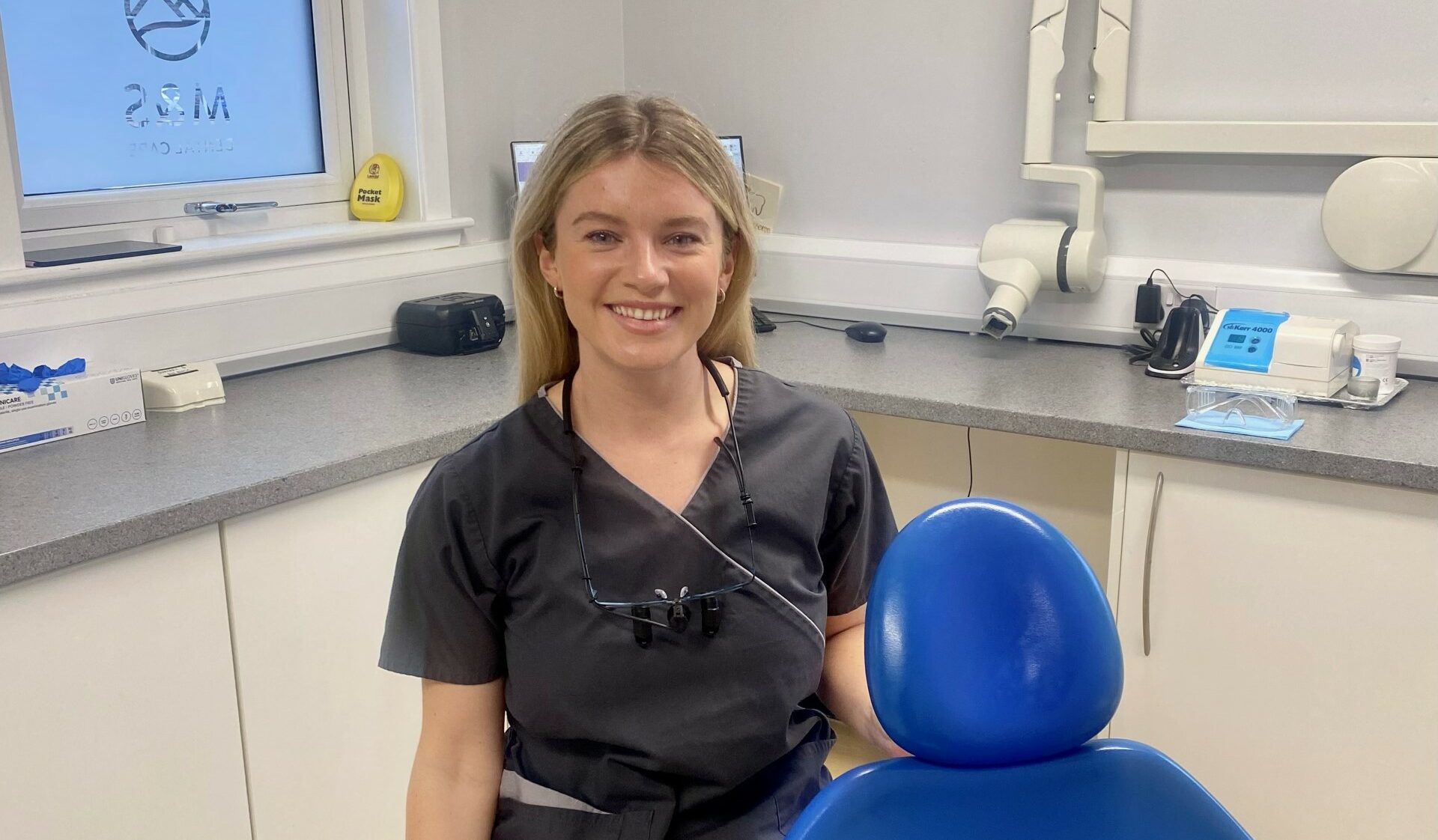The dental therapist is a crucial member of the practice team today. There are several factors that need to be considered for individuals to fulfil their potential and build a long and successful career. These include properly utilising their full scope of practice, being valued for their skills across the practice team and having access to first-class education and training. We all have a part to play in increasing awareness of the dental therapist’s role among the professional team, ultimately improving patient care, enhancing skill mix in practices and boosting job satisfaction for individuals in this role.
Promoting a team approach
To ensure dental therapists feel valued and able to fulfil their potential, it’s important that dentists understand their clinical remit. Not only do they need to know which treatments dental therapists can provide directly to patients, but they also need to consider how they may work in tandem with dental associates. Effective collaboration between team members can facilitate smoother daily workflows, create a more clinically diverse working day and ensure a less isolated working environment for other clinicians. It can also streamline emergency appointments and free up precious time for dentists to focus on other areas of dentistry such as implantology or endodontics.
Of course, is it just as relevant to consider how dental therapists can impact the patient experience. For a start, improved teamwork among all practice practitioners means faster, more efficient and often more effective dental care for patients. The majority of patients are already happy to see the dental therapist for a simple restoration, so there should be few barriers from them as a practice increases their dental therapy services. Patient satisfaction with treatment provided by dental therapists has been positive as well. Many of the same factors apply as would impact patient satisfaction with care from a dentist – with trust and familiarity proving essential. These can be established and developed through professional behaviours and attitudes, good communication and smooth continuity of care.
Once dentists and other colleagues really understand how the dental therapist works, they can all operate within a workable business model that enhances patient care and boosts business profitability.
Although there has historically been a lack of understanding in the field, perceptions are gradually evolving. Regulatory changes are also being implemented that broaden the scope for both dental hygienists and therapists, who may now supply and administer specific medicines without a prescription from a dentist, once they have sufficient training and experience.
Being the change we want to see
In order for dental therapists to use their entire scope of practice, they must be confident and competent in their skills. For those who are new to the profession, or who have been unable to practise dental therapy in recent years, it can be difficult to adjust. That’s why it’s beneficial to access tailored training and support that will consolidate, develop and refresh your capabilities in a positive environment.
At Clyde Munro, we strive to be the change we want to see in the profession. We understand the importance of the dental therapist role and aim to remove barriers so that professionals may fully utilise their expertise. Our dedicated Therapist Support Programme has been designed specifically to help dental therapists to consolidate and expand their skills, covering a broad range of topics in training sessions and offering hands-on assistance from a clinical support team.
Skill, confidence and success
For many dental therapists, the chance to fully utilise their skills is important. Not only is job satisfaction improved, so too is the quality of patient care that can be delivered by the whole practice team. If you are feeling under-utilised, now is the time to make a change. Reach out to joinus@clydemunrodental.com and start your new journey today!




